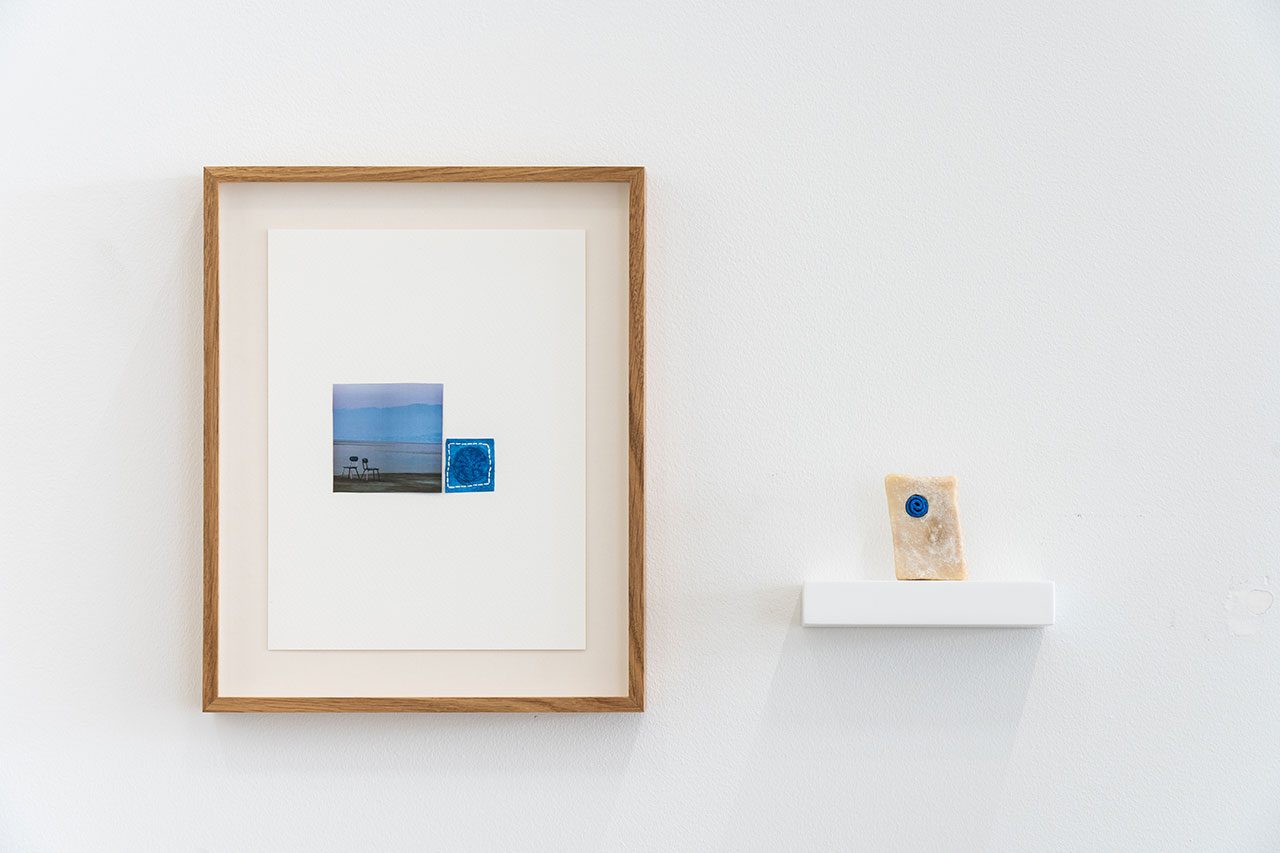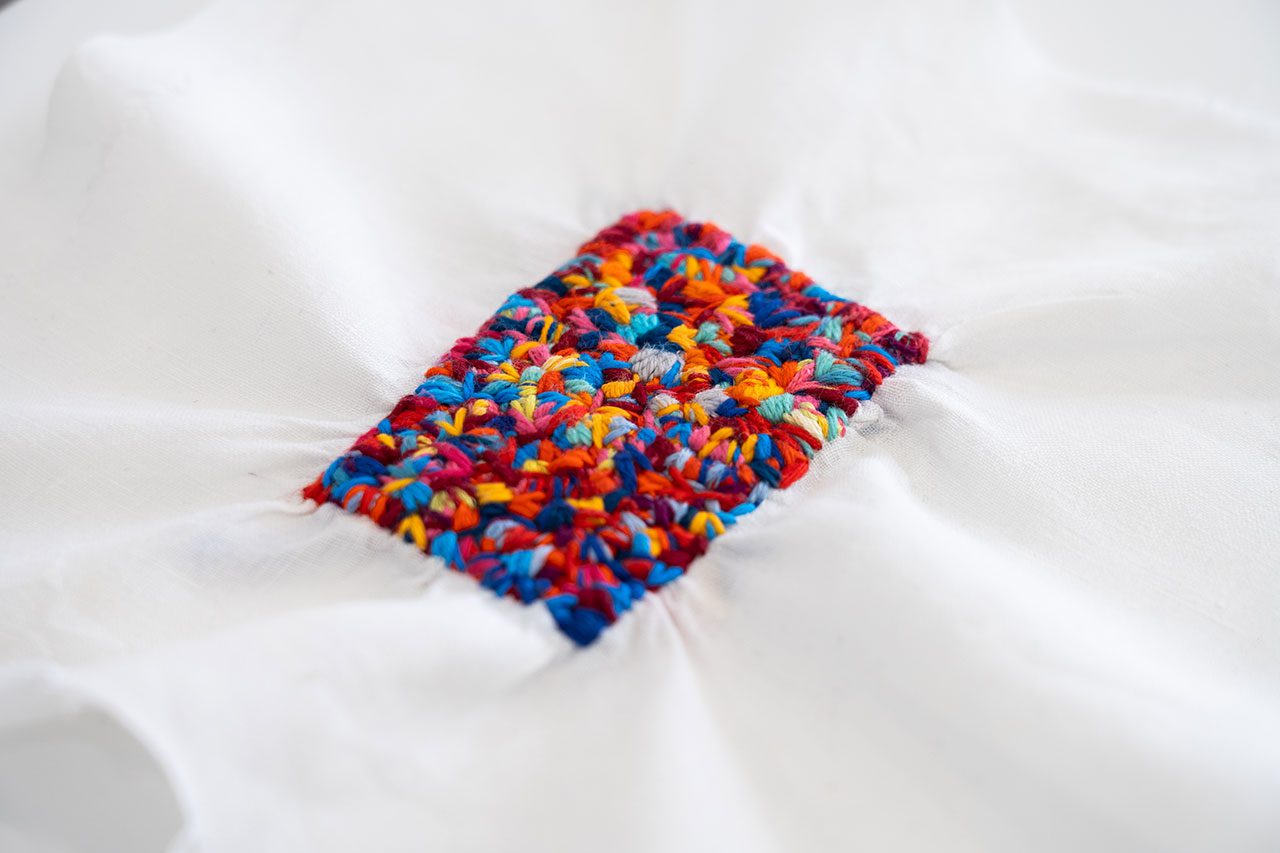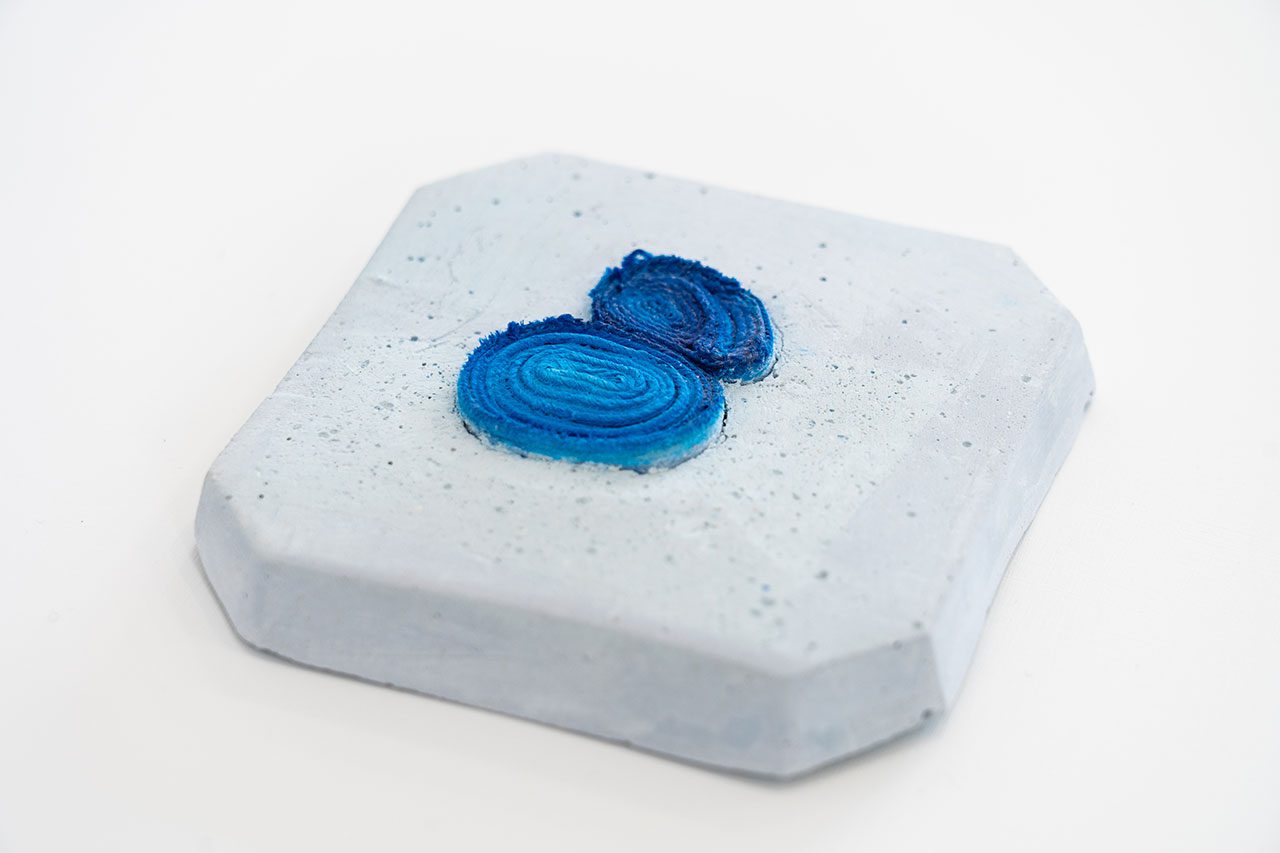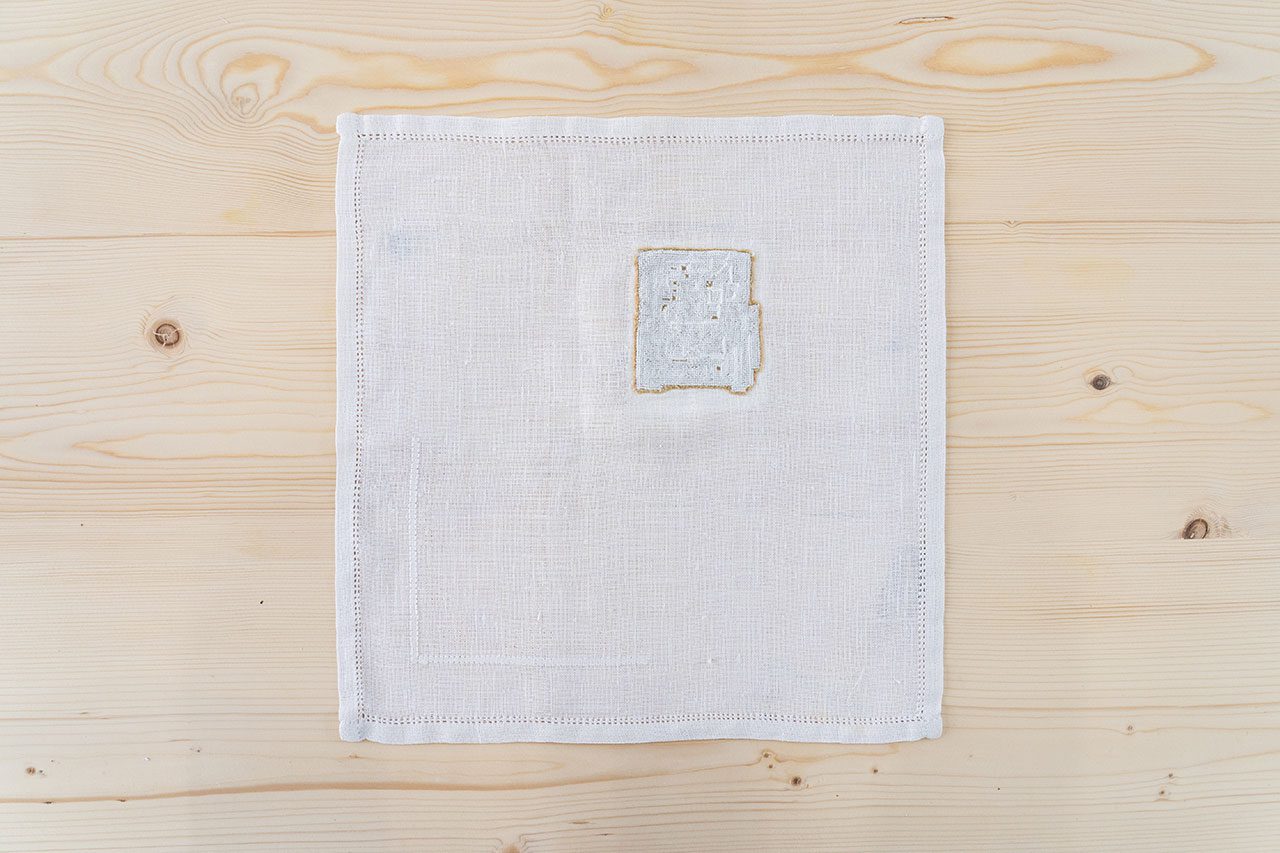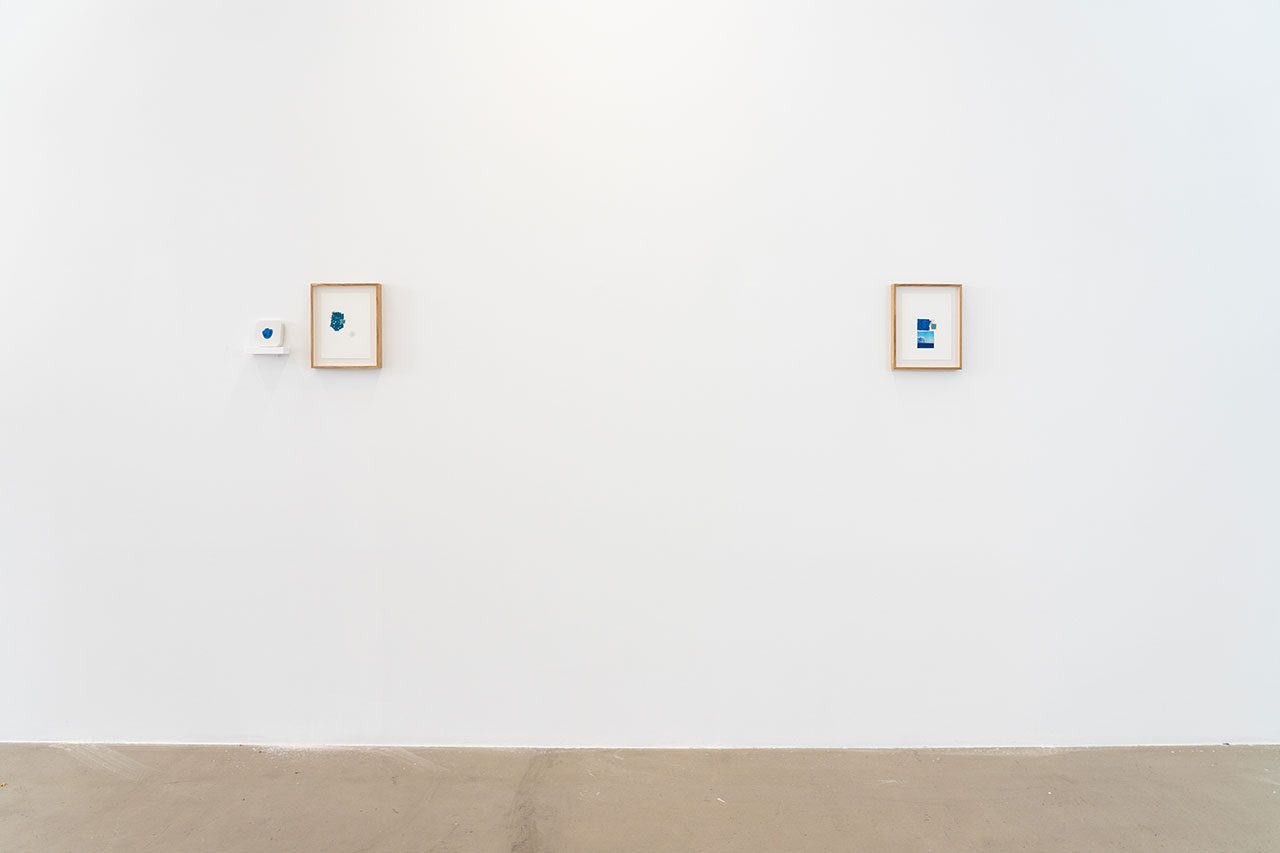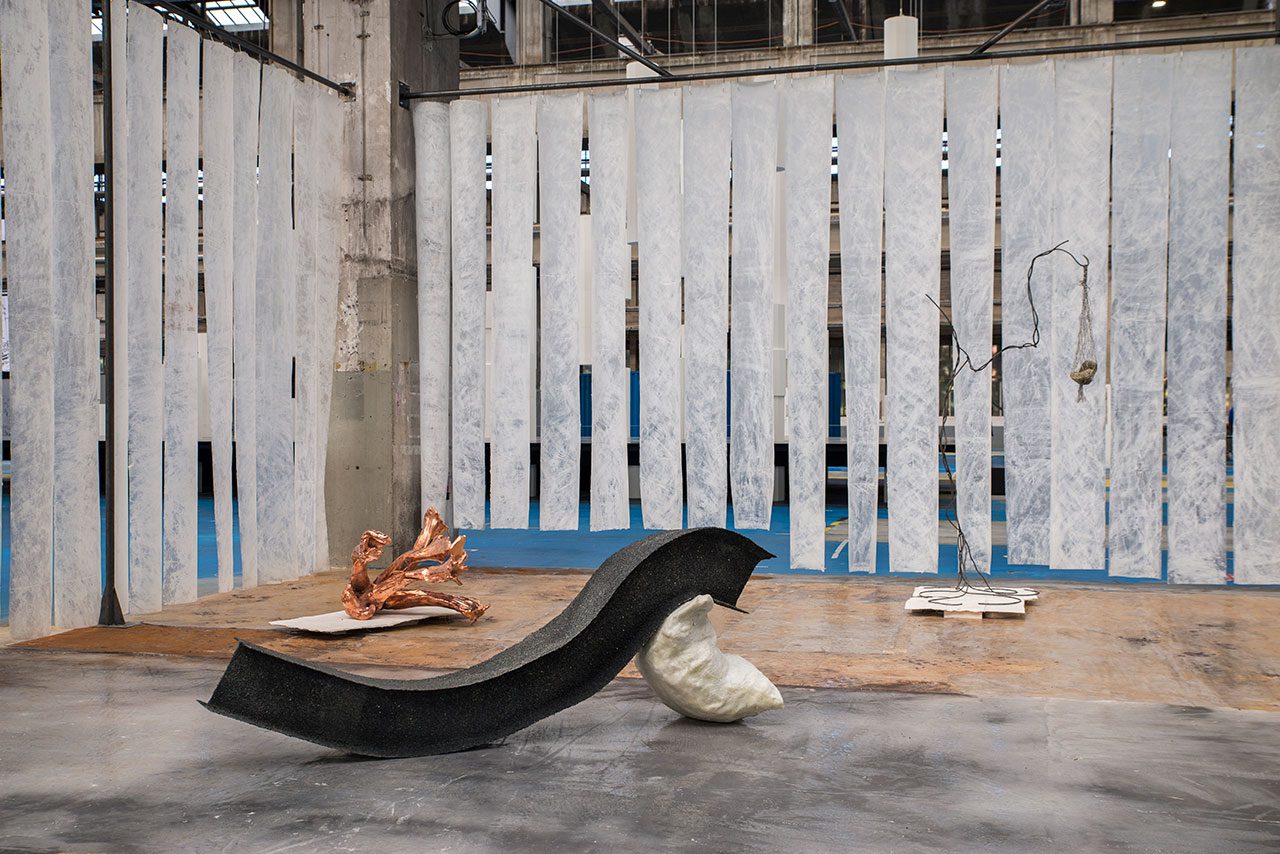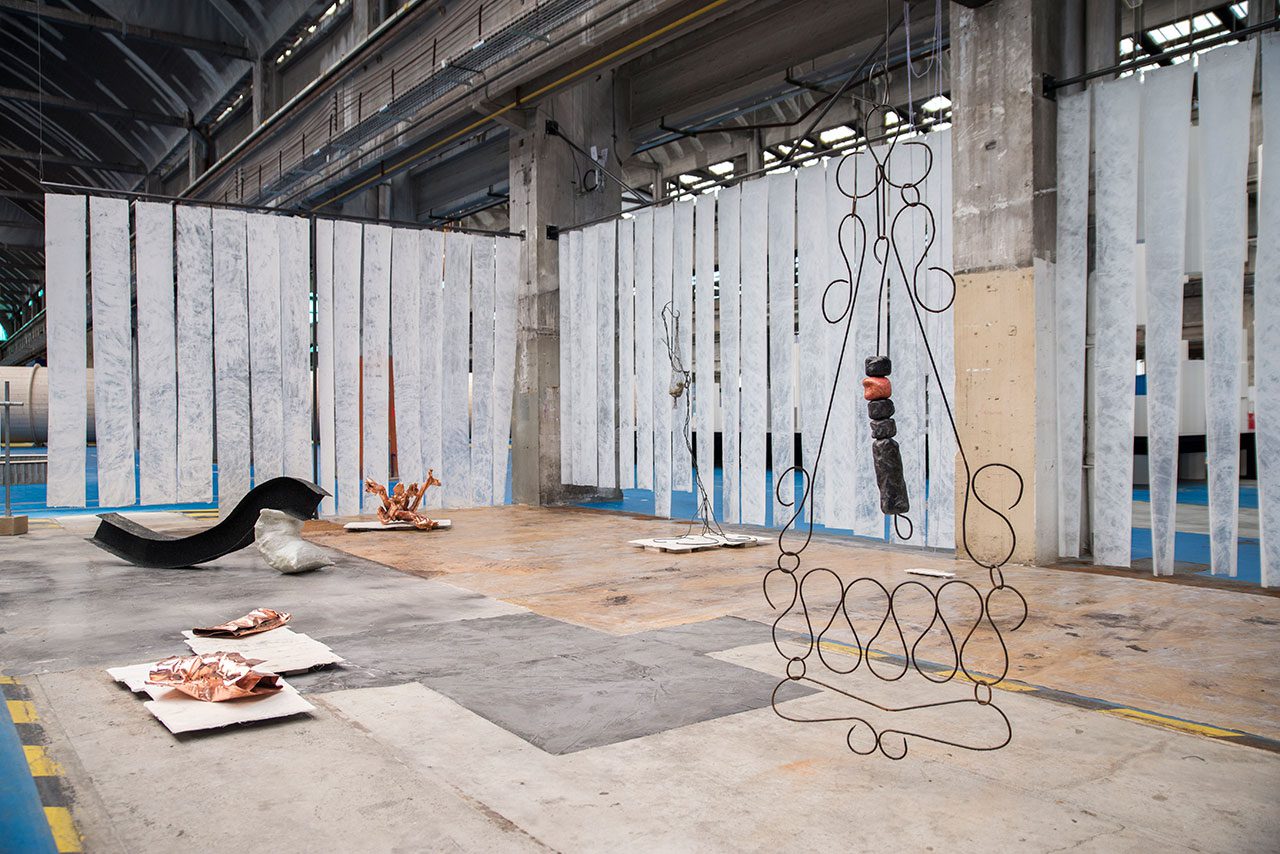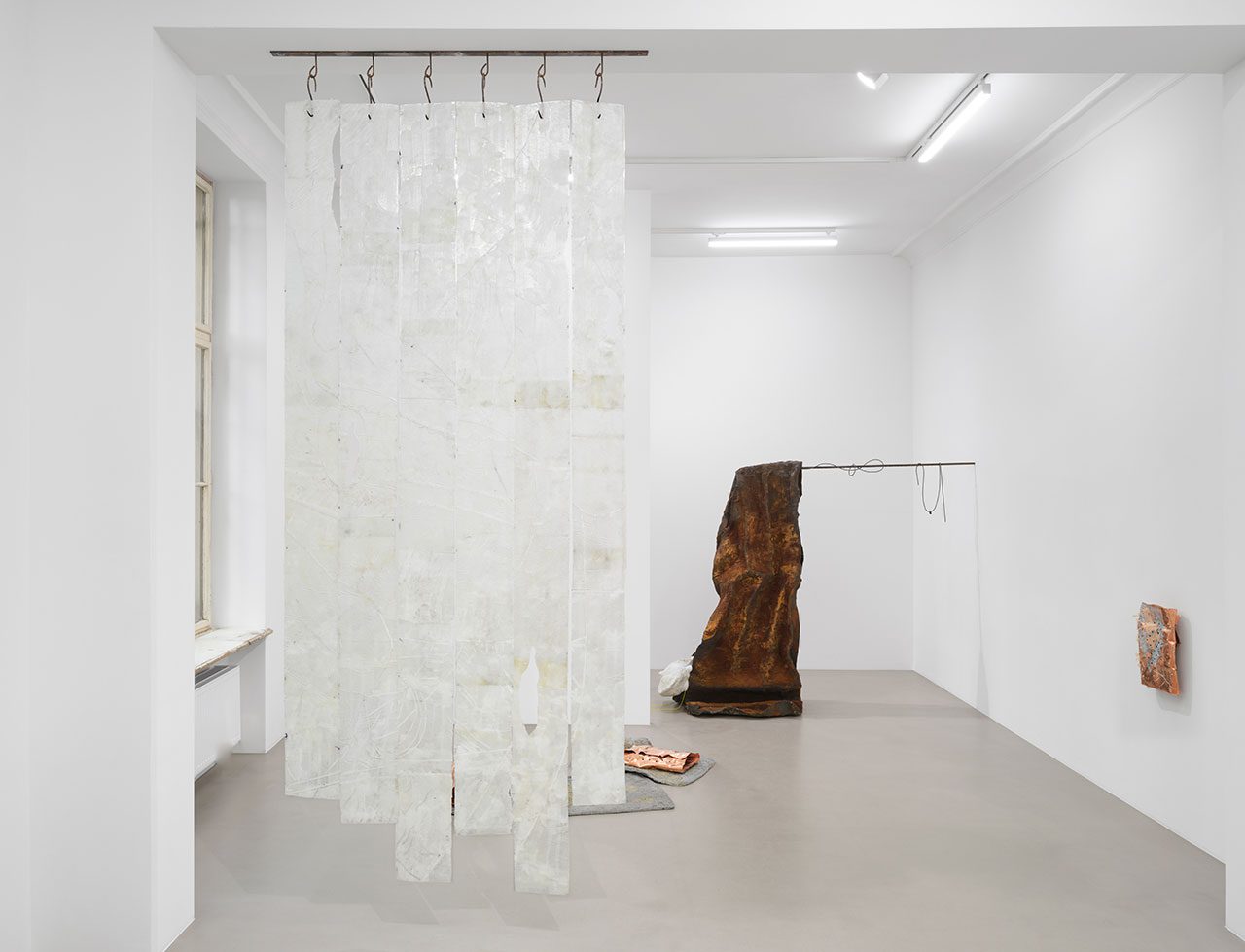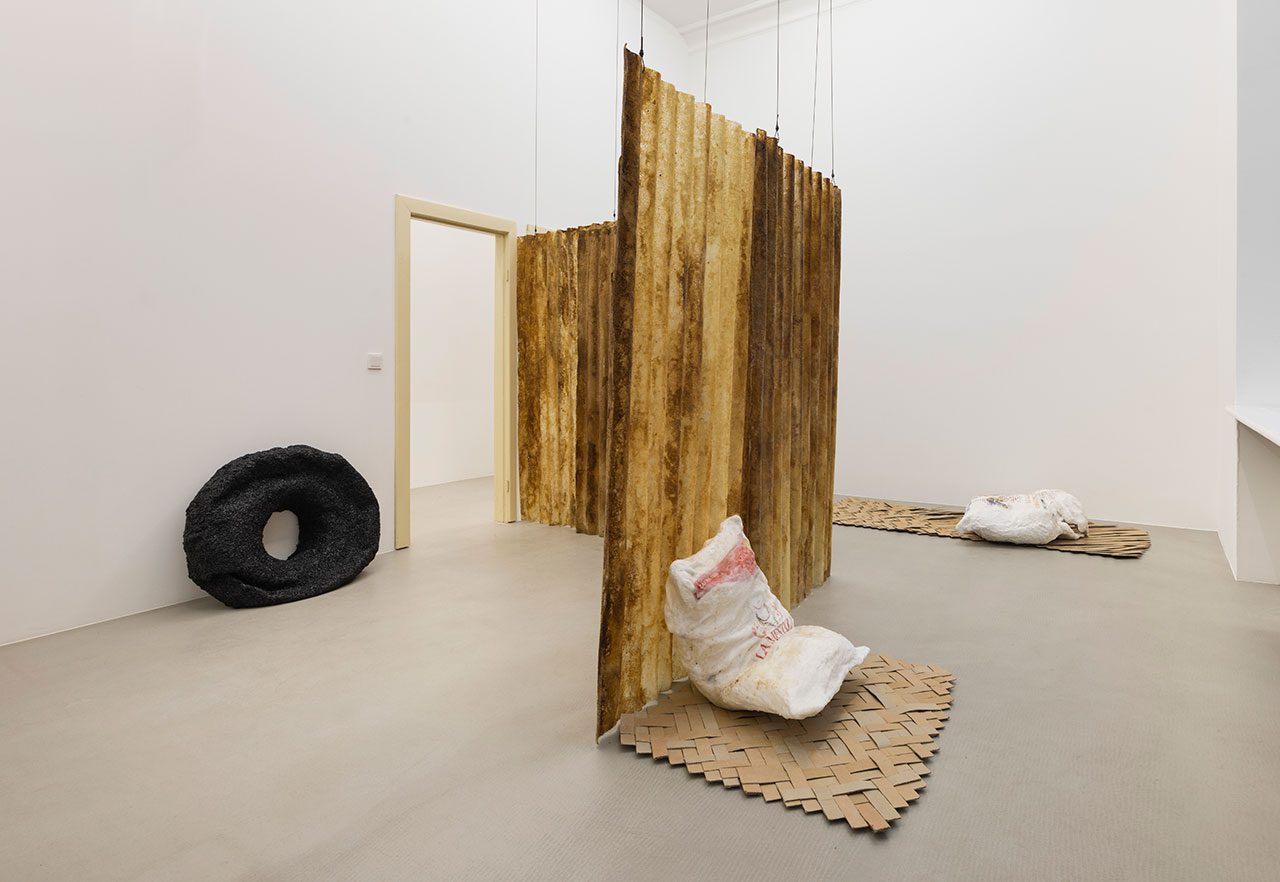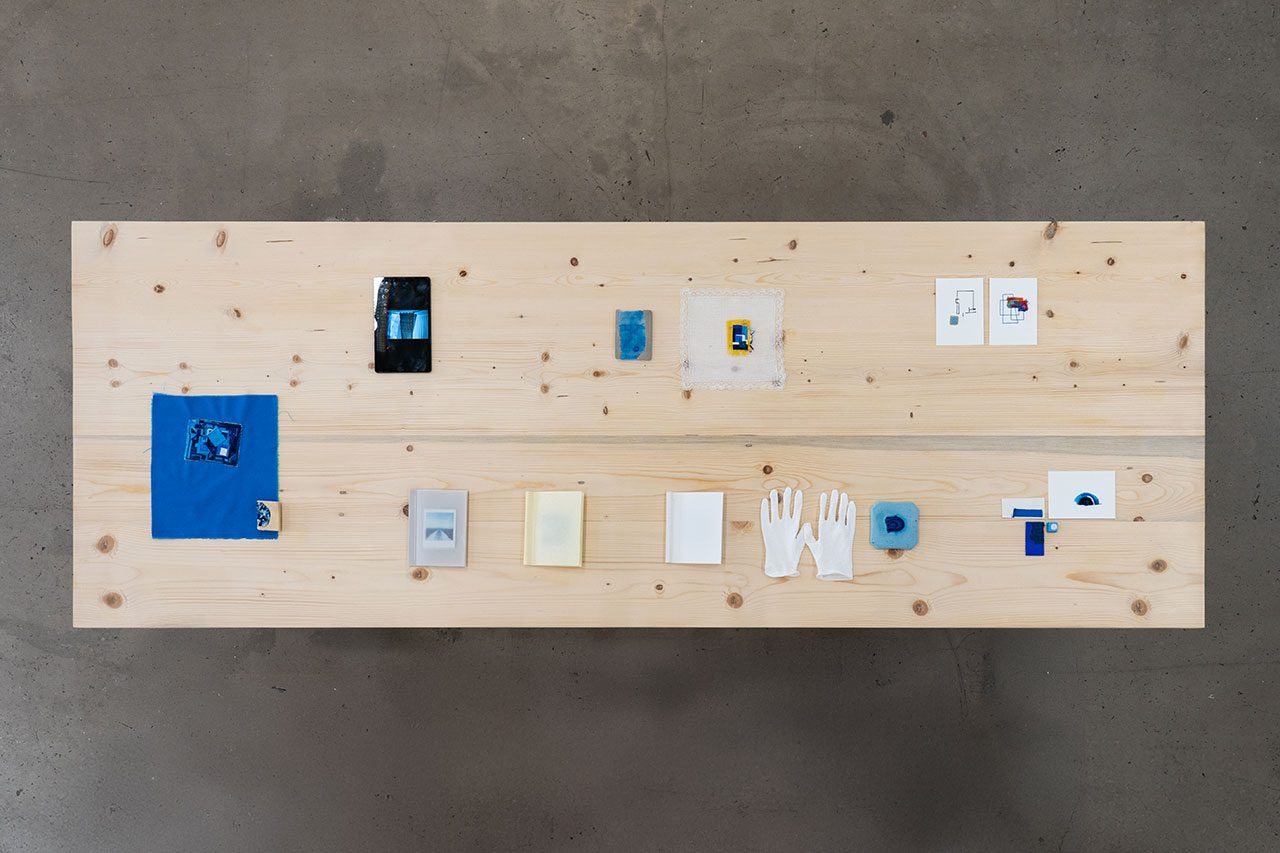PRESENTATION: Majd Abdel Hamid and Sofía Salazar Rosales
The double exhibition brings together the artistic approaches of Majd Abdel Hamid and Sofía Salazar Rosales. Both artists share a poetic focus on themes of identity, time, fragility, and materiality. Additionally, both Salazar Rosales and Hamid are developing new works for their presentation at Kunst Halle Sankt Gallen, each finding their own references to resonate with in the local context.
By Dimitris Lempesis
Photo: Kunst Halle Sankt Gallen Archive
Palestinian artist Majd Abdel Hamid’s work is akin to an archeology of violence and trauma from which he unearths the materials that weave a web of new imagination. In doing so, he regenerates the art of cross-stitch embroidery, which has become an emblem of Palestinian identity, and applies it to historical and political subjects. Majd Abdel Hamid works with textiles and embroidery. In 2015, the artist tried to commission a woman to create embroidery for him: he wanted to have white thread embroidered on fabric, but the woman told him she would not do it, adding, “Son, this is a waste of time.” Abdel Hamid ended up doing the embroidery himself, which turned into an ongoing series. Stitching repetitively to fill the space of the fabric with white thread—it is a performance of transcribing time, transcribing a spectrum of intensities. The artist counts the hours each piece takes to complete. It has become an essential part of Abdel Hamid’s daily habits, providing him with a safe space, like being in a state of light trance, a retreat from the blackmail of images, news, statements; to withdraw but without retreating to a sense of denial, a self-care ritual with a compulsive eagerness to be relevant. His objects are distinguished by their minimalism and precision, creating small-scale worlds of philosophical depth. The Palestinian artist deliberately chooses to work slowly. With impressive patience, he crafts detailed embroideries and cross-stitch works that embody a decelerated, profound reflection and a resistance to a fast-paced world. Hamid is preparing a body of new work for Kunst Halle Sankt Gallen, which will be displayed in the first room of the exhibition space. Against the backdrop of the region’s industrial textile history, the artist explores what he calls a «de-automatisation of fabrics». His meditative miniatures reflect fragile roots in politically charged environments. Sophie Salazar Rosales chooses objects and materials for her sculptures for their social, economic and political connotations and their ability to resonate in a critique of the imperatives of productivity, commodification and globalisation that have usurped both materials and skills. Through a range of processes that enhance their material quality, the artist focuses on the physical and emotional weight of these objects and their ability to withstand the effects of social injustice and colonial erasure. She sees her pieces as spaces of reconciliation, and maintains a particularly affectionate relationship with her sculptures; she writes letters full of gentle tenderness to them. Sofía Salazar Rosales transforms the middle and third rooms of Kunst Halle Sankt Gallen with a show titled “Imagínate vivir en Suiza y perderte esto” (Imagine living in Switzerland and missing out on this). The title references a popular Latin American meme that humourously contrasts Switzerland, often seen as a very orderly country, with the chaotic events happening in everyday life in Latin America. While the Ecuadorian artist works with a diverse range of materials (glass beads, paraffin, epoxy, bronze powder, polyester resin, fiberglass, vinyl glue, plant seeds, construction paper, copper, concrete, pigments, oak wood, iron filings, plaster, cotton wool, gauze, and glass aggregate) she foregrounds crafts as a form of aesthetic resistance. Her sculptures and installations are charged with political and sociological meaning, questioning notions of productivity and value.
Photo: Majd Abdel Hamid, «Ode to the Sea», exhibition views at Marfa’ Projects, Beirut, 2025. Photo: Studio Tajareb. Courtesy: the artist and Marfa’ Projects, Beirut
Info: Kunst Halle Sankt Gallen, Davidstrasse 40, St.Gallen, Switzerland, Duration: 15/3-18/5/2025, Days & Hours: Tue-Fri 12:00-18:00, Sat-Sun 11:00-17:00, www.kunsthallesanktgallen.ch/
